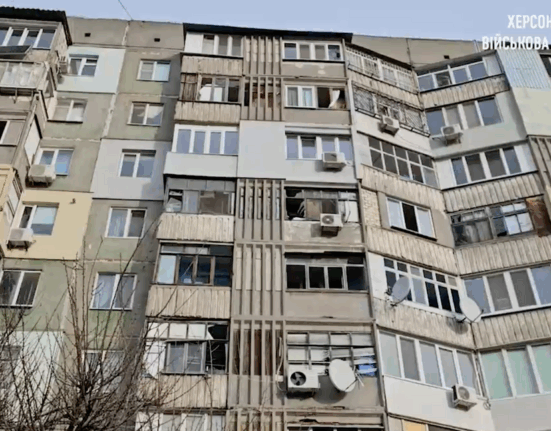European Plastics Converters (EuPC) serves as the influential voice for the European plastics converting industry, a sector vital for producing various plastic products. With approximately 45 national and European plastics converting associations under its umbrella, EuPC represents over 50,000 companies responsible for churning out more than 50 million tons of plastic goods annually. This industry powerhouse is also a significant employer, providing jobs to over 1.6 million individuals across Europe while generating an impressive yearly turnover exceeding €260 billion.
The recent stir in the industry emanates from the EU’s Packaging and Packaging Waste Regulation (PPWR), which has set forth mandatory reuse targets specifically aimed at plastic pallet packaging like stretch wrap and hoods. While this move is intended to promote sustainability and reduce environmental impact, it has sparked concerns among industry players regarding its feasibility and potential repercussions.
To delve deeper into this contentious issue, EuPC commissioned two pivotal studies that shed light on the implications of enforcing blanket reuse targets for pallet packaging – both from an environmental and economic perspective.
IFEU, a renowned German research institute specializing in environmental assessments, conducted a comprehensive life cycle evaluation. Their findings revealed a startling reality: shifting from single-use plastic wrap to reusable systems could potentially escalate CO2 emissions anywhere from 35 percent to a staggering 1,700 percent depending on the specific application. Surprisingly, the study demonstrated that single-use solutions consistently outperformed reusable alternatives across all environmental impact categories.
On the economic front, RDC Environment from Belgium undertook an in-depth analysis focusing on eight key industrial sectors heavily reliant on pallet packaging – including retail, agriculture, cement, and glass industries. The results were eye-opening: mandatory reuse systems could potentially lead to an additional annual cost burden of up to €4.9 billion solely within these sectors. Retailers might face increased production costs amounting to €400 million while the glass sector could see expenses soar up to €780 million.
The ripple effects of such regulations extend beyond financial strains; they pose operational challenges for enterprises ill-equipped with reverse logistics or automation capabilities necessary for compliance with reuse systems. Export-oriented businesses face a particularly daunting task as they would need to juggle between meeting EU reuse standards and catering to non-EU markets simultaneously.
Moreover, the absence of widespread reusable packaging infrastructure presents a logistical conundrum requiring urgent resolution within a limited timeframe. This predicament raises valid concerns surrounding legal implications and economic viability – especially impacting vulnerable market segments poised for upheaval under stringent regulations.
Amidst these findings looms a common consensus from both studies: replacing recyclable single-use pallet wrap with reusable alternatives might not be as environmentally friendly or cost-effective as initially perceived. Implementation of proposed reuse targets could potentially jeopardize PPWR’s overarching mission of fostering a circular economy within packaging dynamics.
In response to these critical insights, EuPC advocates for reconsidering Article 29 by excluding pallet wrap and straps from its scope through flexible measures outlined in delegated acts under Article 29(18a) and 29(18c). By altering this regulatory approach toward more pragmatic solutions aligned with real-world logistics demands rigorous assessment before implementing sweeping changes that could disrupt established practices without assured benefits.
As stakeholders navigate this intricate landscape balancing sustainability goals against practicality and economic viability remains paramount when forging ahead in reshaping pallet packaging norms towards enduring efficiency aligned with Europe’s green agenda.









Leave feedback about this